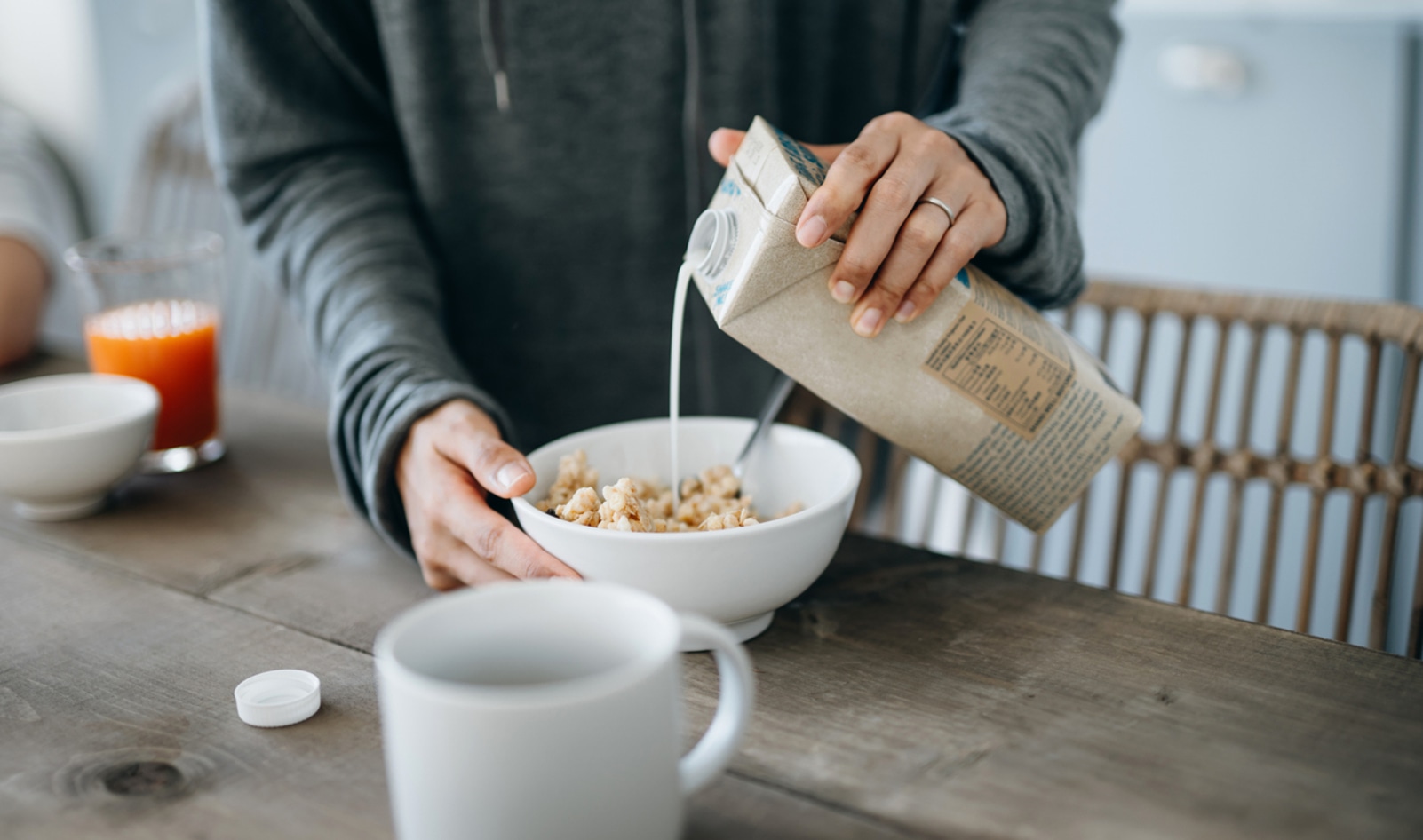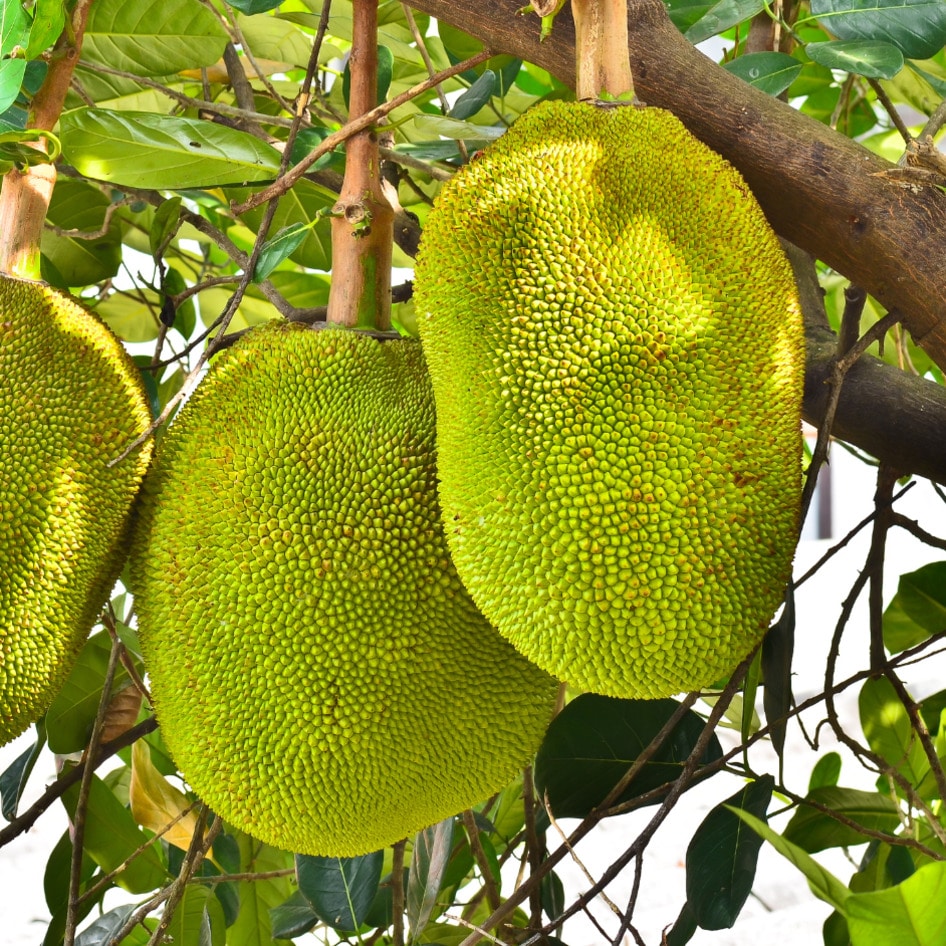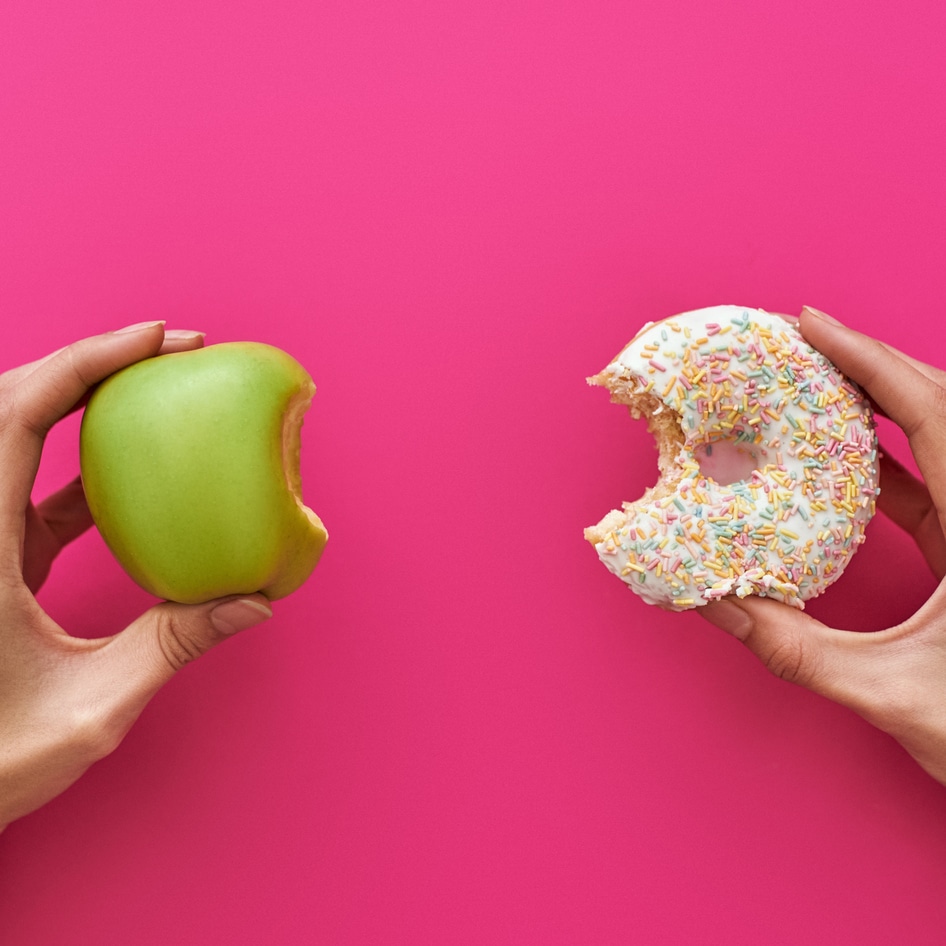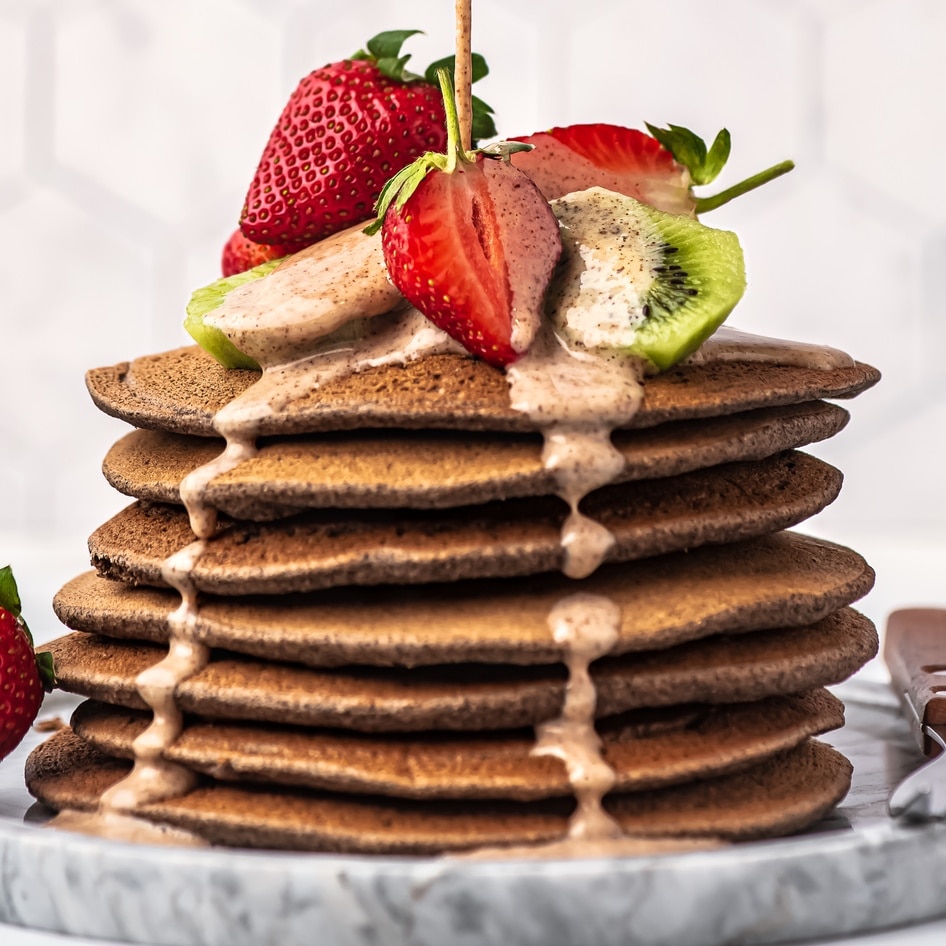For many plant-forward consumers, oat milk has been the plant-based milk of choice for quite a few years now. It’s thick, creamy, and can rival the taste and texture of cow’s milk in any latte or cappuccino. In 2022, the oat milk market was valued at around $2.5 billion, and, for now, it’s expected to keep growing.
But it hasn’t been all plain sailing for oat milk. Recently, more and more videos have been popping up on TikTok warning people off of the creamy plant-based drink. The biggest claim? Oat milk scores high on the glycemic index, which basically means that it causes blood sugar to spike. So should we all be concerned?
Before you start purging your fridge of all things Oatly, let’s take a closer look at what the glycemic index is, where oat milk scores, and whether or not a spike in blood sugar is something we really need to all be worried about.
 Pexels
Pexels
What is the glycemic index and where does oat milk score?
The glycemic index (GI) is a numerical scale used to measure how quickly and how much carbohydrate-containing foods raise blood glucose levels (commonly referred to as blood sugar levels) after they are eaten.
“In simple terms, glycemic is how the body responds to glucose in the bloodstream,” Michelle Saari, MSc, RD, at The Dietitian Prescription, explains to VegNews. “So when you have any food or drink that contains carbohydrates it elicits a glycemic response by releasing insulin so that sugar can be absorbed. Some food and drinks will elicit a higher response because they are high in sugar than others.”
Foods with carbohydrates are ranked on the scale based on how they affect blood sugar levels compared to a reference food—usually pure glucose or white bread, which has a GI value of 100. A high glycemic index is considered to be a score of 70 or higher, while a moderate glycemic index is a score between 56 and 69. A low glycemic index score is around 55 or less.
Oat milk has a moderate score on the GI (not a high score, as some TikToks may lead you to believe). “The glycemic response will depend on whether it’s sweetened or unsweetened. But in general oat milk has a glycemic index of around 69,” says Saari.
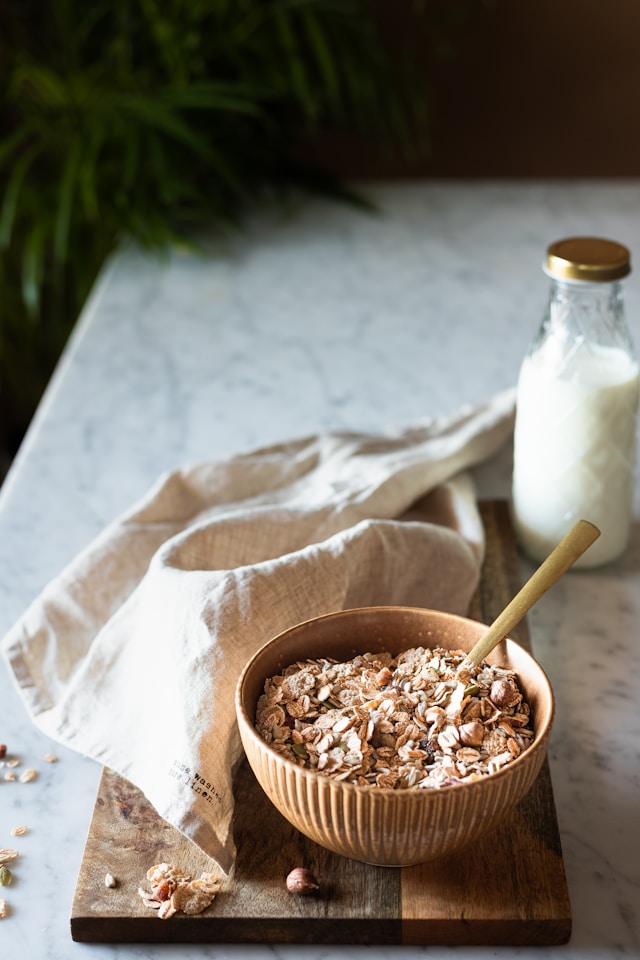 Unsplash
Unsplash
Does oat milk’s GI score mean it is unhealthy?
We’ll get straight to the point: most people can still consume oat milk as part of a healthy balanced diet with little to no problems.
The GI is not as simple as the lower the score, the healthier the food. While it’s true that most fruits and vegetables are rated below 55 on the GI, some nutrient-dense foods, like sweet potatoes, for example, come in at moderate levels, and others, like cantaloupe, have a medium to high score.
The GI is particularly relevant for people with diabetes because their bodies either do not produce enough insulin (type 1 diabetes) or do not use insulin effectively (type 2 diabetes). But for most people who do not suffer from diabetes, research suggests the body regulates blood sugar levels on its own.
“There has been a lot of hype on social media recently around blood sugar ‘spikes’,” Sophie Medlin, RD, told Harper’s Bazaar. “In those without diabetes and prediabetes, this isn’t something we need to be concerned with as our body is able to easily maintain our blood sugars in a healthy range,”
Most experts agree that drinking some oat milk in your smoothie, coffee, or cereal is fine. Oat milk has nutritional benefits (find out more about those here), especially when it’s fortified with nutrients such as calcium, vitamin D, and vitamin B12. It’s also important to consider that it’s often consumed with other nutrient-dense foods, like oatmeal and fruits.
However, nutrition is not one-size-fits-all. It’s incredibly subjective—what is healthy for one person may not be healthy for another. People with diabetes or prediabetes do need to consider the GI impact of foods and drinks like oat milk far more than people who do not have these conditions.
“If you have diabetes, oat milk may not be the best option since it’s one of the higher carbohydrate-containing milk substitutes,” Marion Groetch MS, RDN, told Vox. Those with diabetes may want to consider plant-based milks like soy milk, for example, which scores around 34 on the GI.
But if you don’t suffer from diabetes, generally, you have the green light to grab an oat latte now and again without sweating it.
“Oat milk can be a beneficial part of your diet as it is a whole-grain drink, but I would recommend making your own,” advises Saari. “It’s not a hard recipe to make as long as you have oats and water. Also, try to select an unsweetened version to lower the amount of added sugar in your diet.”
For more on nutrition, read:
JUMP TO ... Latest News | Recipes | Guides | Health | Subscribe

